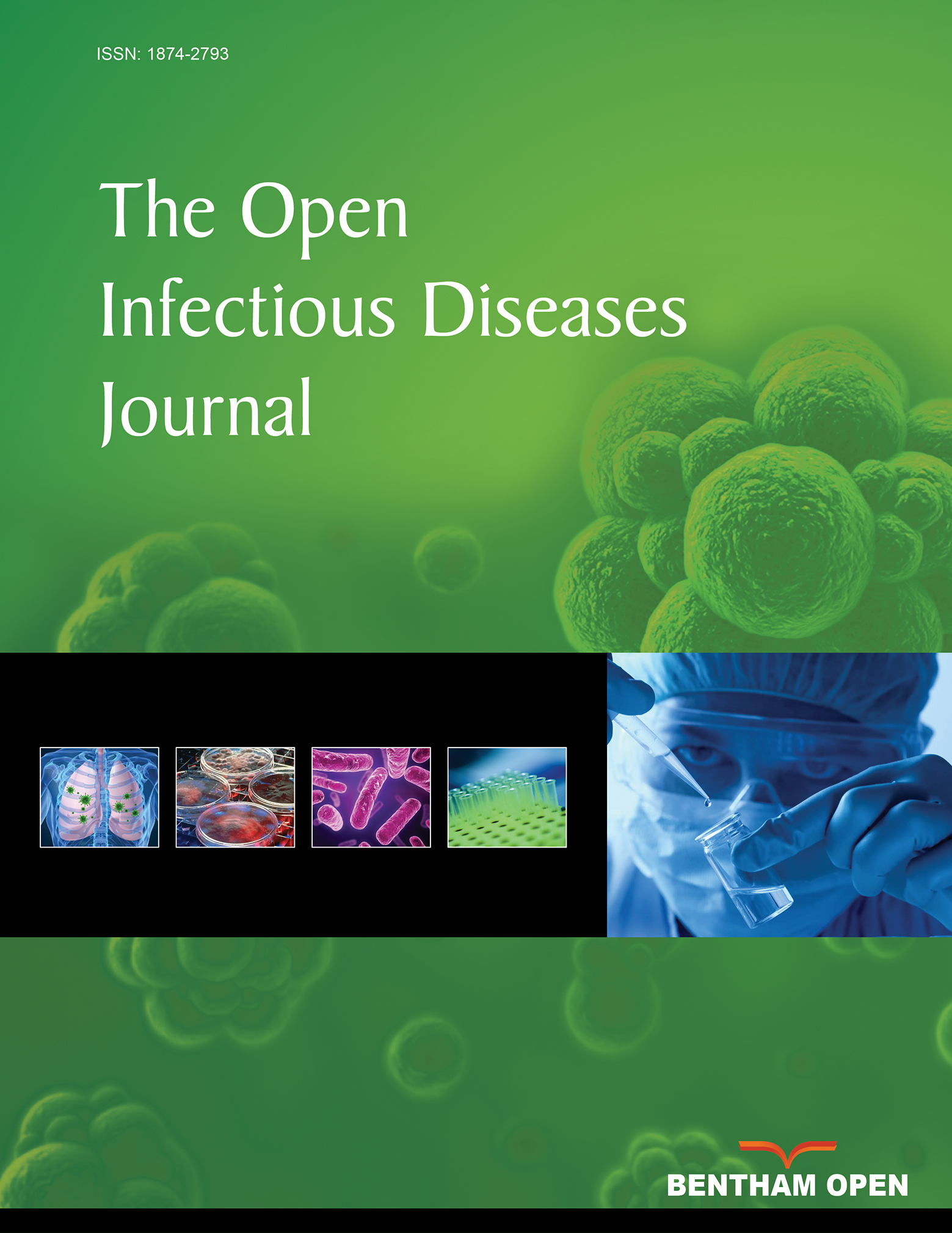All published articles of this journal are available on ScienceDirect.
Molecular Characterization of Methicillin-Susceptible And Methicillin- Resistant Staphylococcus aureus in Food Handlers in Bosnia and Herzegovina
Abstract
Objectives:
To determine the prevalence and genetic background of methicillin-sensitive (MSSA) and methicillin-resistant Staphylococcus aureus (MRSA) obtained from healthy food handlers admitted to the Cantonal Public Health Institute of Zenica, Bosnia and Herzegovina, during 2007-2009.
Methods:
S. aureus were isolated and identified using standard microbiological methods including coagulase and catalase tests. Antibiotic susceptibility testing by disc diffusion method was performed according to the CLSI guidelines. Methicillin resistance was confirmed by the presence of the mecA gene by PCR. The genetic characterization was performed using spa-typing and BURP algorithm.
Results:
A total of 189 non-duplicated S. aureus isolates were collected from 13 690 nasal swabs (1.4%), of which three were MRSA (1.6%). Among 173 MSSA analyzed, 66 spa types were clustered into nine spa-CCs, four no founders, and singletons. The MSSA spa-CC015 associated with MLST CC45 was predominant, having 41 (24%) strains. All three MRSA were associated with MLST 152 (spa-CC 355/595) which was not found in MSSA isolates. MRSA-related background had 60% MSSA isolates. There were 127 (71%) MSSA and one MRSA sensitive to all antibiotic tested (the beta-lactam compounds excepted); multi-drug resistance was found in 13 (7.3%) of MSSA.
Conclusion:
Very low prevalence of S. aureus, as well as MRSA was noted. MSSA were more heterogeneous than MRSA. Although the number of MSSA with a genetic background common to MRSA clones was high, the prevalence of MRSA was low, and MLST CC152 of MRSA was not found among MSSA isolates suggesting that MRSA did not arise from predominant MSSA clones.


